All
Tesla Enters Home Energy Storage Market
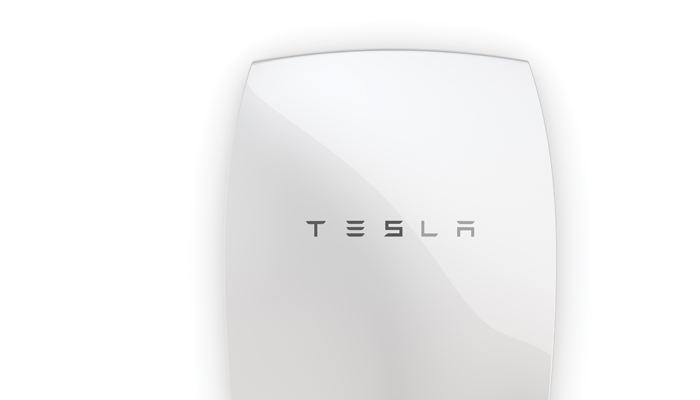
New battery systems store juice from solar panels for use later
Tesla, the creator of the luxury electric cars with eye-popping acceleration, is moving into the home energy sector with a line of large, rechargeable batteries that could make residential solar photovoltaic energy more effective.
Tesla CEO Elon Musk announced that the company’s “Powerwall” would reduce global use of fossil fuels by storing solar-generated electricity for use later. “Our goal here is to fundamentally change the way the world uses energy, at the extreme scale,” Musk said in announcing Powerwall.
“What if we could move the electricity grid off of fossil fuels and towards renewable energy sources?” Tesla said in announcing the new batteries. “Once we’re able to rely on renewable energy sources for our power consumption, the top 50 percent of the dirtiest power generation resources could retire early. We would have a cleaner, smaller, and more resilient energy grid. Today, Tesla introduces Tesla Energy, a suite of batteries for homes, businesses, and utilities fostering a clean energy ecosystem and helping wean the world off fossil fuels.”
For homes, Tesla is introducing two products: a 7 kilowatt-hour (kWh) pack that is designed for daily usage, and a 10kWh pack that is designed to provide backup power in the event of a grid outage. The products are priced at $3,000 and $3,500, respectively, but the price does not include an inverter or the installation costs. The batteries are more than three feet wide and six inches thick, with a weight of 220 pounds.
Tesla is also introducing larger batteries for businesses and utilities to help promote the storage of energy generated by solar and wind.
The Powerwall consists of a rechargeable lithium-ion battery, a liquid thermal control system and software that communicates with a solar inverter, which is a component that converts DC power from a solar panel to AC power, which is capable of running standard appliances and electronic devices.
Tesla says the Powerwall batteries can provide a number of benefits to customers including:
- Load shifting—The battery can provide financial savings to its owner by charging during low rate periods when demand for electricity is lower and discharging during more expensive rate periods when electricity demand is higher.
- Increasing self-consumption of solar power generation—The battery can store surplus solar energy not used at the time it is generated and use that energy later when the sun is not shining.
- Back-up power—Assures power in the event of an outage.
The Tesla batteries are expected to further disrupt the utility industry, which is already struggling to adapt to the distributed generation of electricity from residential solar panels. If customers can store electricity generated by their solar panels or by power plants during off-peak hours, their patterns of using utility-generated electricity could shift dramatically.
The Powerwall will not transform home energy usage immediately, because the batteries are priced beyond the reach of many consumers and do not make sense for daily usage. Utilities is many states are already paying customers for the surplus power generated by their solar panels, so it does not make sense to pay another $3,000 to store that power, according to Bloomberg. As a result, Tesla partner SolarCity, which is chaired by Musk, has decided not to install the 7kWh Powerwall that is optimized for daily use. That is the battery that would enable homeowners to store the power they generate for use later. SolarCity will, however, sell the 10kWh Powerwall, but it is designed strictly for occasional usage as a source of backup power.
The backup power provided by the Powerwall backup battery tops out at 2 KW, which is only enough juice to power a microwave oven or a vacuum cleaner. To provide the same 16 kilowatts of continuous power as a $3,700 Generac generator, a homeowner would need eight stacked Tesla batteries at a cost of $45,000 for a nine-year lease, according to Bloomberg.
While the Powerwall is generating lots of buzz for Tesla, it is not a true breakthrough technology, as the batteries use a lithium-ion core that is already in widespread use.
Related Posts
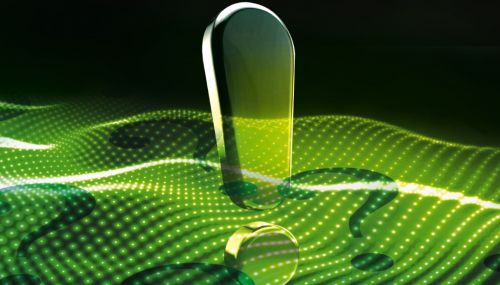 Burner Questions? The Answer Is in Your Hands.
Burner Questions? The Answer Is in Your Hands.
Posted on April 17, 2024
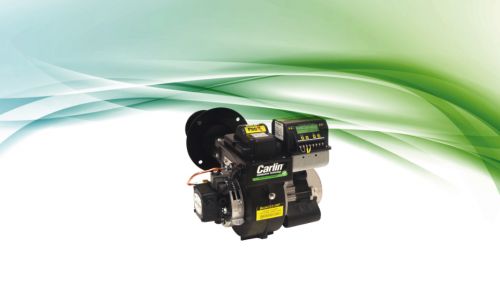 Carlin Begins Production on UL Listed B100 Burners
Carlin Begins Production on UL Listed B100 Burners
Posted on December 7, 2023
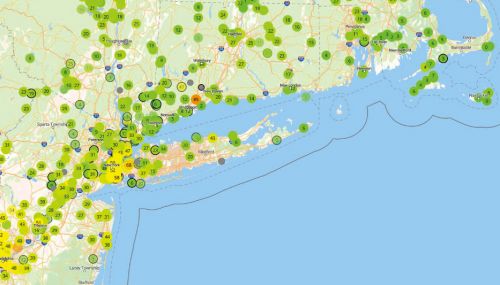 NORA Looks at Indoor Air Quality
NORA Looks at Indoor Air Quality
Posted on December 7, 2023
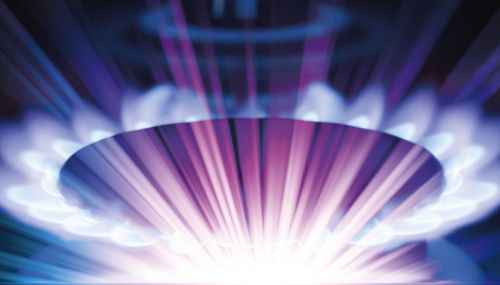 Why Market Renewable Propane for Your Business?
Why Market Renewable Propane for Your Business?
Posted on October 6, 2023
Enter your email to receive important news and article updates.
